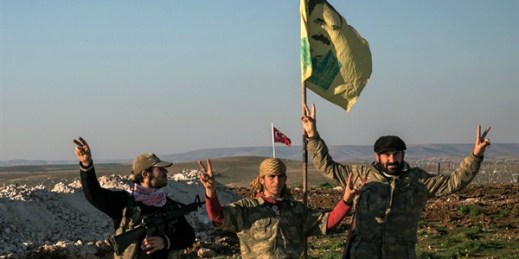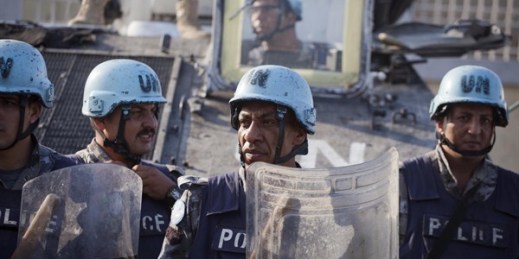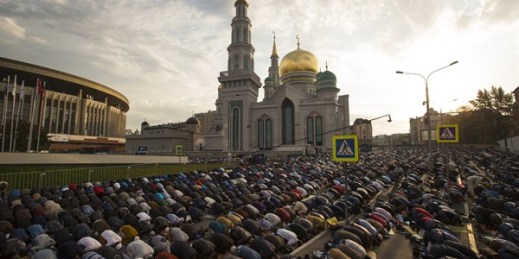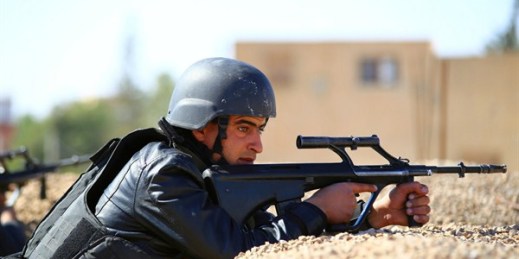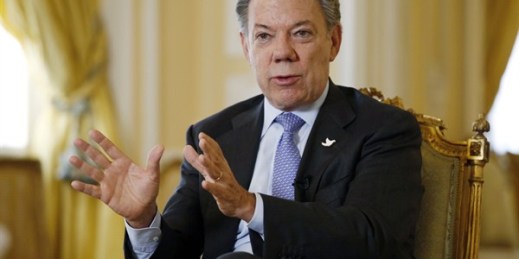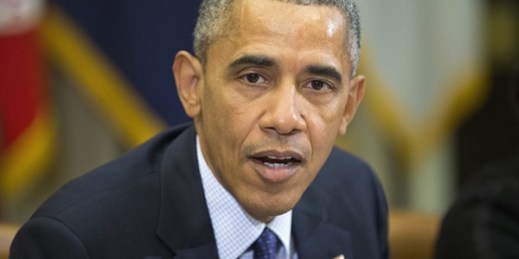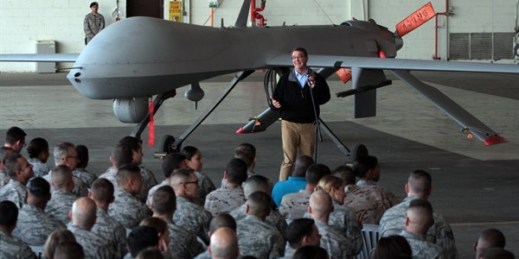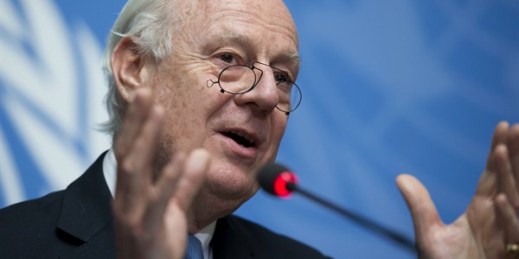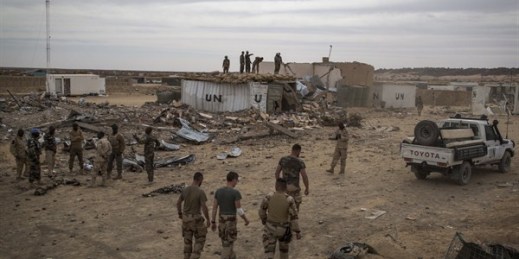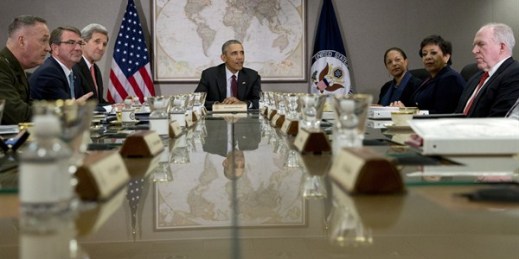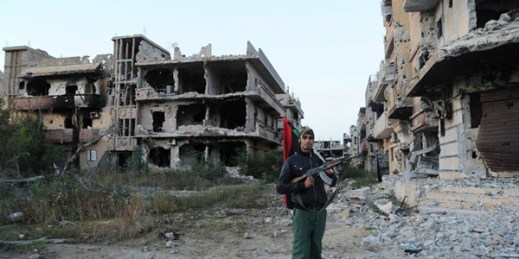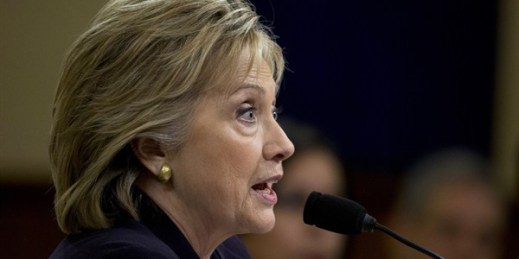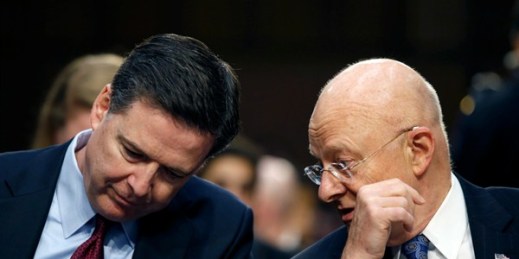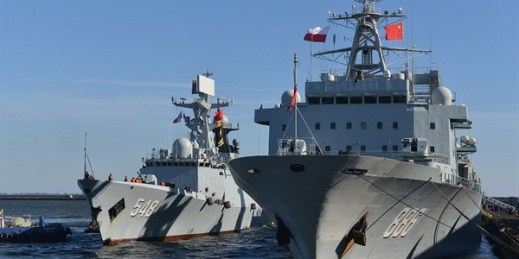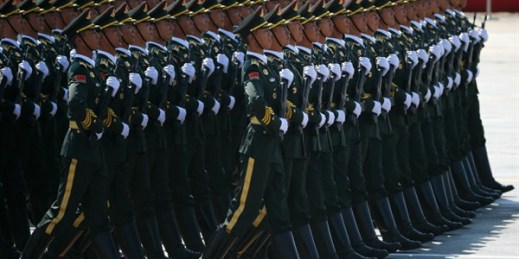
At China’s annual military parade last September, Chinese President Xi Jinping announced plans to make large troop cuts and significant structural changes to China’s armed forces, the People’s Liberation Army (PLA). Indeed, over the past year, the ruling Communist Party of China (CPC) has launched major reforms to the PLA’s size, structure and missions. Though many details remain undecided or unknown, reform measures have included the creation of a new PLA headquarters, as well as realignments of its operational theaters and support functions. The reforms in some respects resemble those adopted by other major military powers, such as Russia and […]

